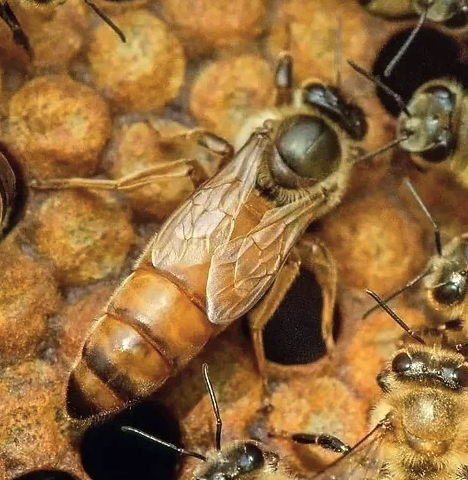VSH genetics, or Varroa Sensitive Hygiene genetics, is a genetic trait in honeybees that enables them to detect and remove Varroa mites from their colonies. Varroa mites are a significant threat to honeybee colonies worldwide and can cause severe damage to the bees’ health and productivity.
The advantage of VSH genetics in beekeeping is that it provides a natural and effective defense against Varroa mites without the need for chemical treatments. By breeding colonies with the VSH trait, beekeepers can reduce the impact of Varroa mites on their hives, leading to healthier and more productive colonies.
Moreover, because VSH genetics is a natural trait, it does not lead to the development of mite resistance to chemical treatments, which can occur when mites are exposed to chemicals repeatedly. Therefore, VSH genetics can be an important tool for beekeepers to manage Varroa mites sustainably and without contributing to the development of chemical resistance.
Overall, VSH genetics is an important tool for beekeepers to combat Varroa mites and ensure the health and productivity of their honeybee colonies, while also promoting sustainable and environmentally friendly practices in beekeeping.

